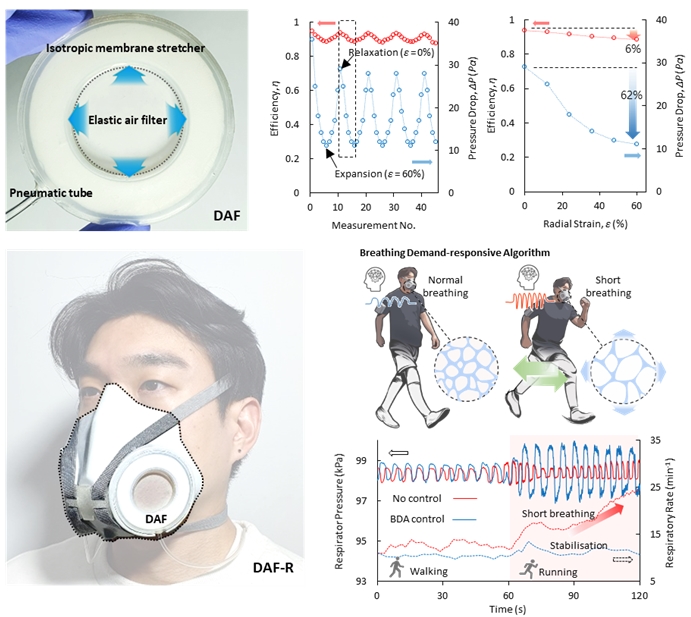- About
- Academics
-
Undergraduate Programs
- Civil and Environmental Engineering
- Architecture and Architectural Engineering
- Mechanical Engineering
- Industrial Engineering
- Energy Resources Engineering
- Nuclear Engineering
- Materials Science and Engineering
- Electrical and Computer Engineering
- Naval Architecture and Ocean Engineering
- Computer Science and Engineering
- Aerospace Engineering
- Chemical and Biological Engineering
-
Graduate Programs
- Civil and Environmental Engineering
- Architecture and Architectural Engineering
- Mechanical Engineering
- Industrial Engineering
- Energy Systems Engineering
- Materials Science and Engineering
- Electrical and Computer Engineering
- Naval Architecture and Ocean Engineering
- Computer Science and Engineering
- Chemical and Biological Engineering
- Aerospace Engineering
- Interdisciplinary Program in Technology, Management, Economics and Policy
- Interdisciplinary Program in Urban Design
- Interdisciplinary Program in Bioengineering
- Interdisciplinary Program in Artificial Intelligence
- Interdisciplinary Program in Intelligent Space and Aerospace Systems
- Chemical Convergence for Energy and Environment Major
- Multiscale Mechanics Design Major
- Hybrid Materials Major
- Double Degree Program
- Open Programs
-
Undergraduate Programs
- Campus Life
- Communication
- Prospective Students
- International Office
News
Professor Seung Hwan Ko's Team of the SNU College of Engineering's Department of Mechanical Engineering Develops a Smart Mask That Automatically Regulates Air Permeability Based on Artificial Intelligence.
-
Uploaded by
관리자
-
Upload Date
2021.11.16
-
Views
121
Professor Seung Hwan Ko's Team of the SNU College of Engineering's Department of Mechanical Engineering Develops a Smart Mask That Automatically Regulates Air Permeability Based on Artificial Intelligence
- Minimizing the wearer's breathing burden by applying elastic filter technology and artificial intelligence
- Automatic air permeability control according to the surrounding environment and the wearer's health condition

▲ Diagram of changes in efficiency and air permeability/differential pressure according to the tensile degree of the stretchable nano filter, and smart mask operation according to the exercise state
Seoul National University's College of Engineering (Dean Byoungho Lee) announced on October 28 (Thursday) that a team led by Professor Seung Hwan Ko of the Department of Mechanical Engineering developed a smart mask that automatically adjusts air permeability/efficiency to solve the health problems that existing masks may cause, thereby minimizing the wearer's breathing burden and protecting their respiratory system.
Conventional masks generally have fixed air permeability and efficiency depending on the type of product. In other words, regardless of changes in the surrounding situation or the wearer's needs, these masks have always been interfering with the wearer's 'natural breathing'. According to the basic principle of filters, breathability and efficiency have conflicting correlations, and for this reason, "natural breathing" is relatively more difficult for masks with high filtration efficiency.
The biggest problem with this is the restriction on breathing caused by the wearing of the mask. This is likely to cause other health problem for the elderly and infants, and even in healthy adults, the limited oxygen supply caused by wearing a mask acts as a serious constraint on physical activities such as exercise.
Professor Seung Hwan Ko’s research team independently developed a breathability control air filter by introducing a stretchable nanofiber filter. In addition, a deep learning-based smart mask that observes the surrounding environment (air quality) and the wearer's health status (breathing pattern) in real time, predicts future breathing patterns, and optimizes filter breathability, was implemented.
Human breathing patterns have various factors that act on them and is difficult to predict depending on the situation, making it difficult to analyze in a general way. To solve this problem, the research team introduced individually customized smart masks that can respond to changes in the environment in advance using deep learning.
This study suggests a new concept as a technology that can automatically adjust breathability and efficiency in real time to suit needs beyond just existing filter research that simply increases efficiency, and is expected to bring innovative leaps in machine learning/artificial intelligence and smart wearable devices.